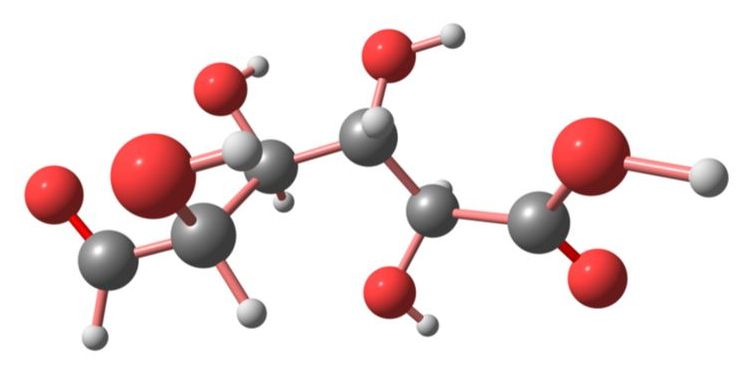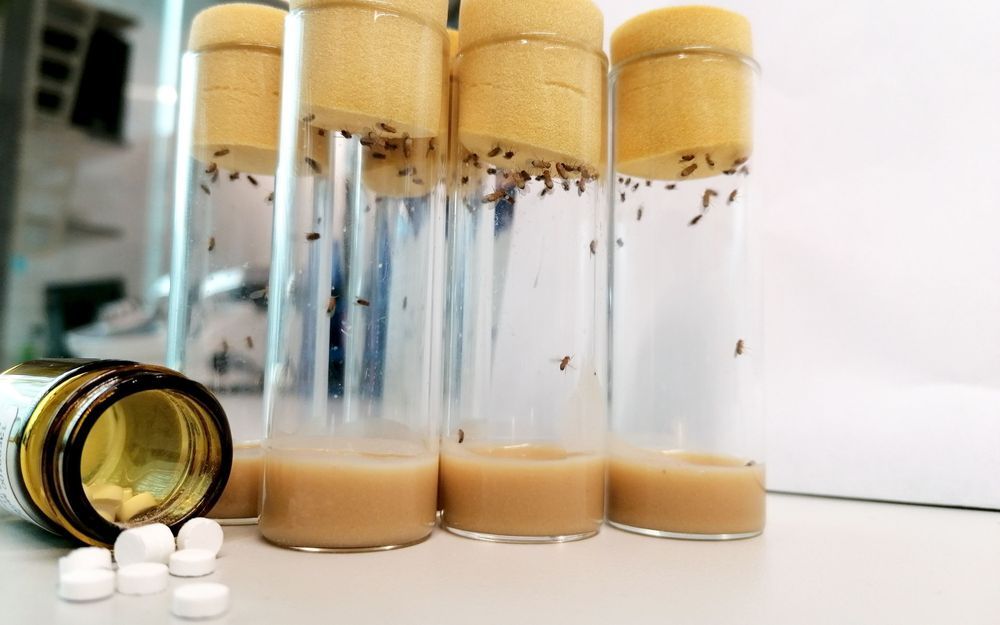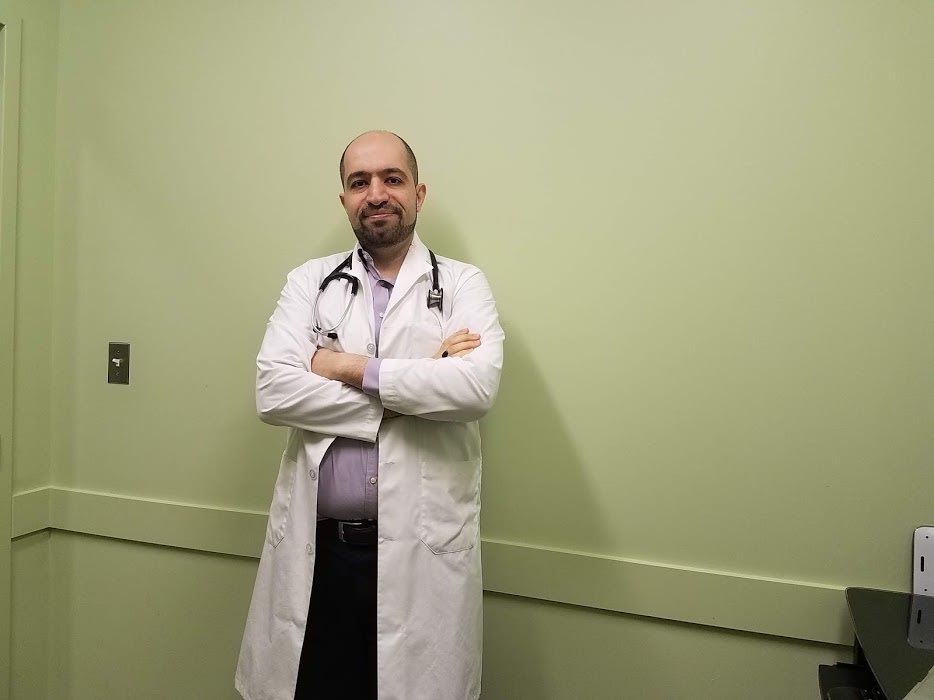Flushing harmful zombie senescent cells from the body that have become old, fatigued and have ceased to divide has become one of the more prominent proposals in the anti-aging sphere. The hypothesis has generated a stream of animal data to support the theory, and now the Mayo Clinic has results from a human study that suggests they have found drugs that can do the same.
While the main goal of the Phase I trail was not to show the effects of reducing senescent cells in the body the researchers were eager to show that the anti-aging senolytics that were tested in animal studies can work the same way in humans as “so far, there has been no direct demonstration of senescent cell clearance by senolytic drugs in peer-reviewed published human clinical trials,” the authors wrote in EBioMedicine, despite the publication of the first human data in January.
Dasatinib and quercetin were given to 9 patients with diabetes related chronic kidney disease for 3 days in this trial. The drugs cleared participants systems in a matter of a few days, but the effects persisted and the authors reported, “Key markers of senescent cell burden were decreased in adipose tissue and skin biopsied from subjects 11 days after completing the 3-day course of D + Q, as were key circulating SASP factors, compared to before administration of these senolytic drugs.”







